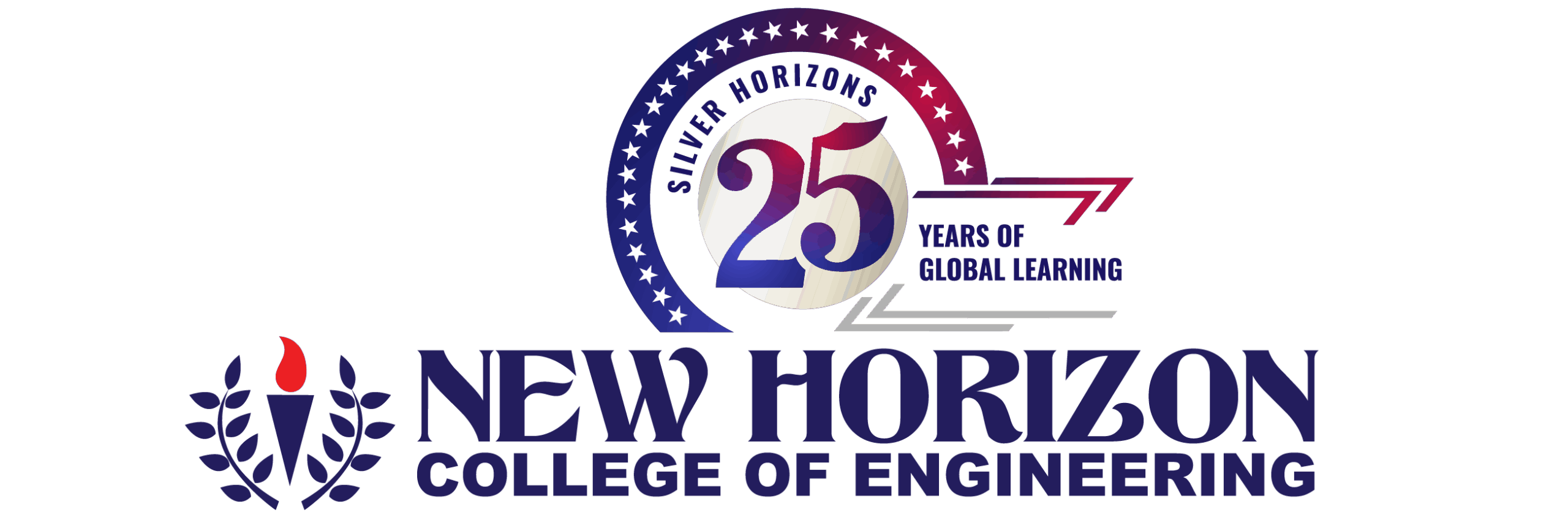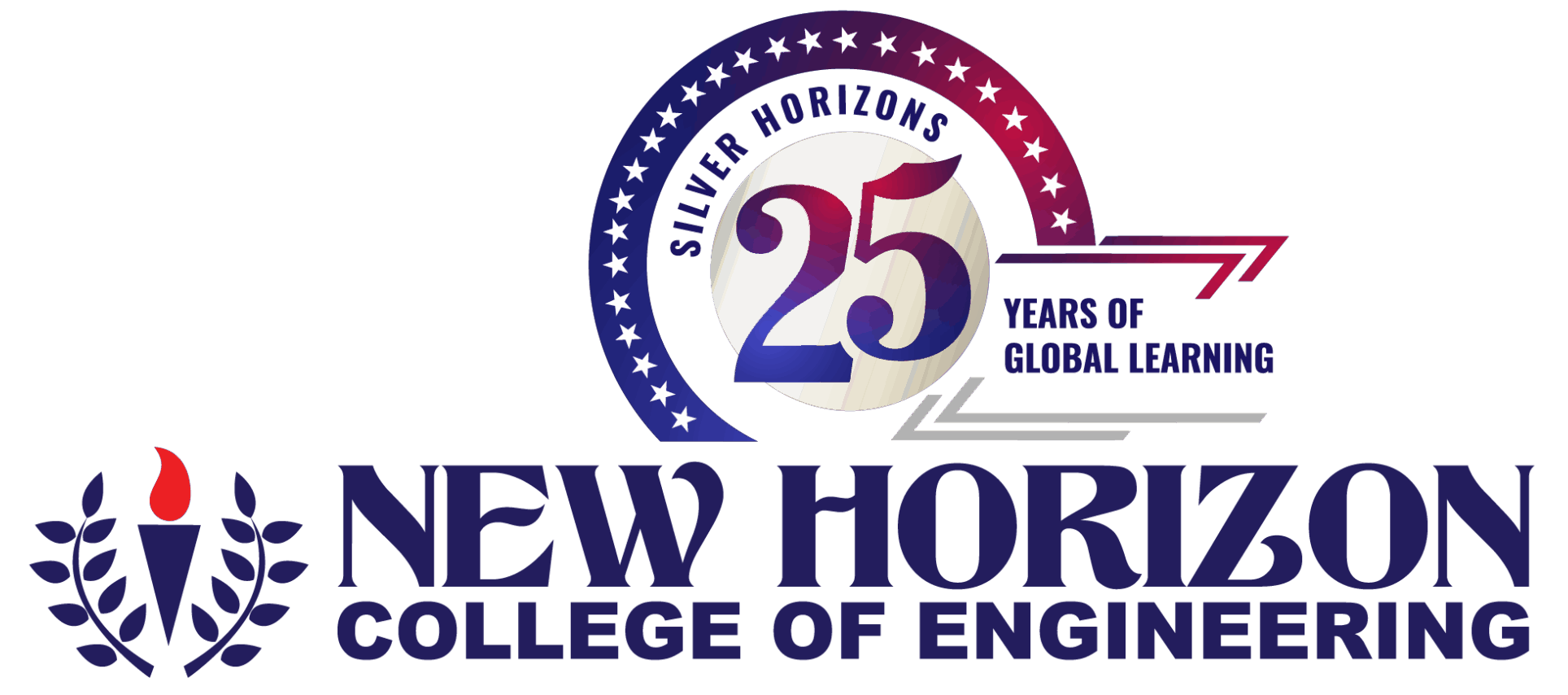ALUMNI TALK ON HANDS-ON TRAINING ON INTRODUCTION TO AIML

Alumni Association & Department of Artificial Intelligence & Machine Learning organized an Alumni talk series on 14th July 2023 at 10 AM. The topic was “Hands-on Training on Introduction to AIML” by Mr. Krishnav B Dave, Director – Data Science (BU Head) Skill Lync, & Alumni of NHCE (Batch: 2005-2009).
Mr. Krishnav began his session with an introduction to Artificial Intelligence and its work pattern.
The following topics were covered in his talk.
• Kafka & ZooKeeper – An open source software
He gave an overview of Kafka and Zookeeper an open-source software, and how they’re used in tandem to solve enterprise data problems. Kafka and ZooKeeper are two of the most successful open-source products in the computing world today. From small startup organizations to Fortune 100 companies, businesses rely on Kafka with ZooKeeper for their data streaming needs.
• MLOps
He spoke about
What It Is, Why It Matters, and How to Implement It.
It is a set of practices for collaboration and communication between data scientists and operations professionals.
• Deployment of ML Models
He elaborated on how ‘Model Deployment’ is extremely essential in Machine learning since it gives the know-how on how to deploy ML models in production.
• Business Intelligence
Business Intelligence offers a unique opportunity to blend technical skills, business problem-solving skills, and communication skills into one rewarding and ever-evolving career. Working in BI gives students a lot of flexibility regarding the specific industries where they want to work in and the problems that they want to solve.
Finally, he motivated the students by providing them an insight into how the Architecture of Data Science can be incorporated into various other fields. And he conducted an activity on Data Science, where students learned the importance of data and how it can be manipulated in order to make it more meaningful.
Date: 14.07.2023
Time: 10 AM to 12 PM
Topic: Hands-on Training on Introduction to AIML

